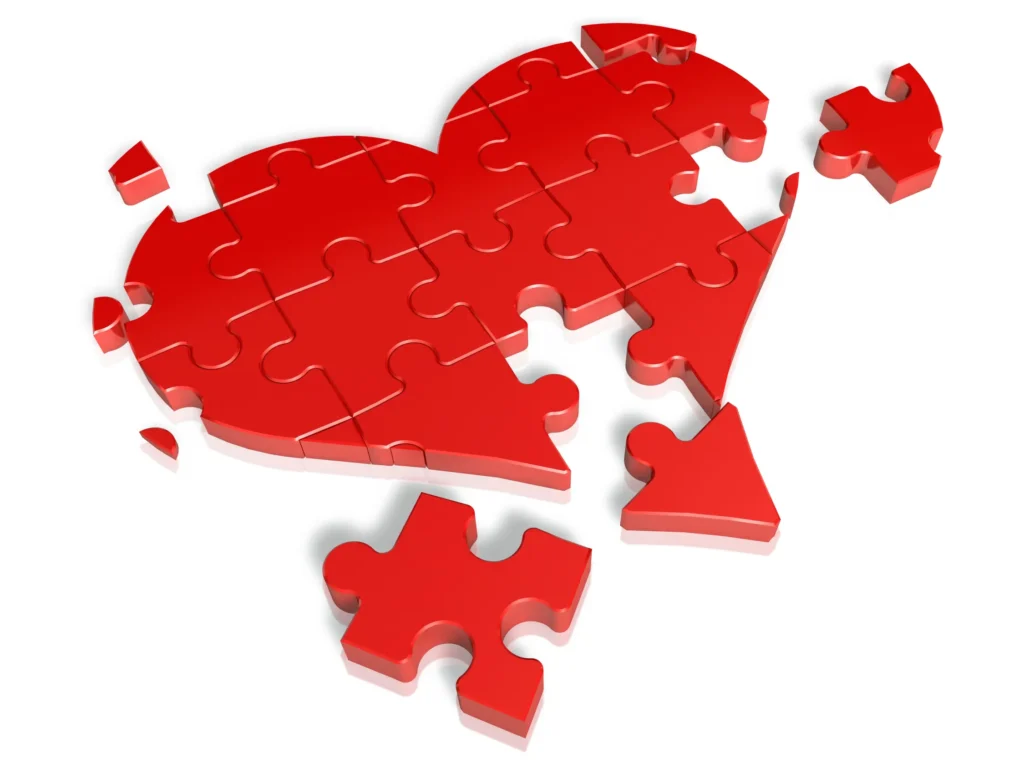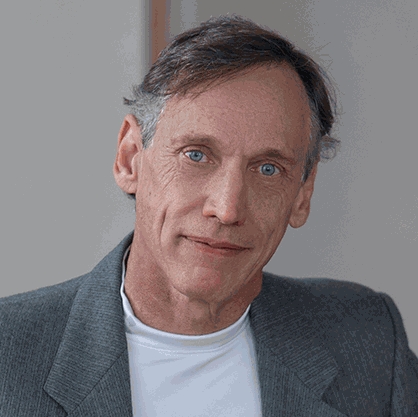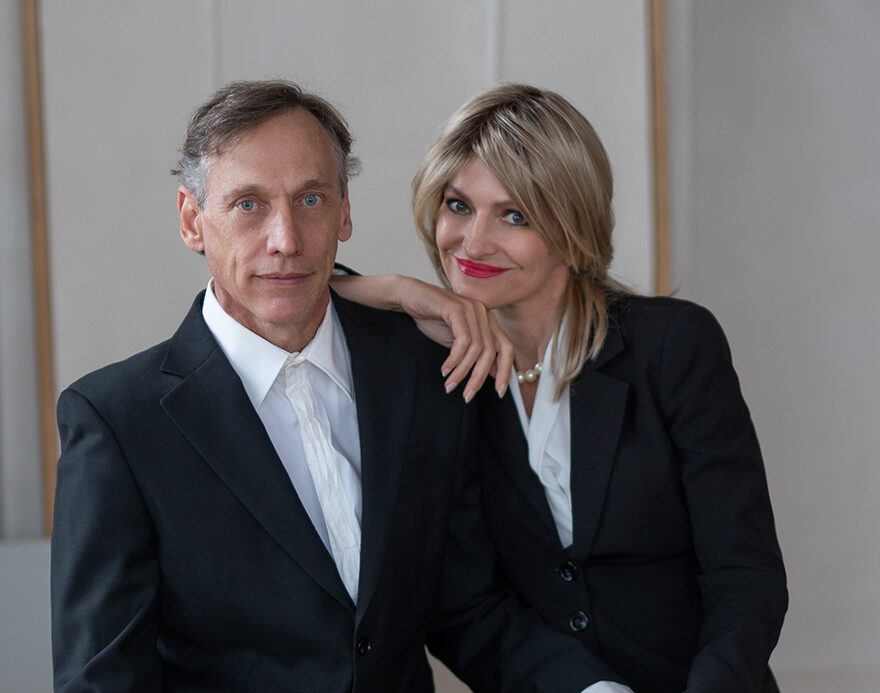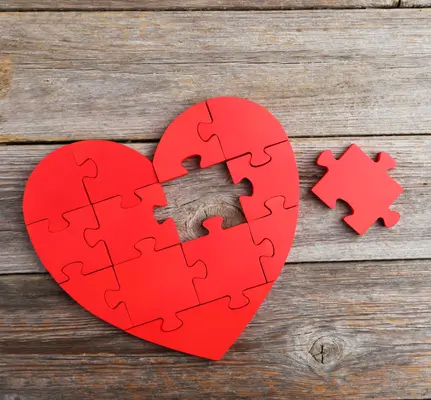How to Love Yourself Can Be a Confusing Proposition
Something that often comes up while we are working with clients on their development and personal evolution is how to love yourself, exactly what that term means in a personal evolution context, and how to go about achieving it. Thanks to a profusion of vague and contradictory interpretations, there is a whole lot of confusion out there about what loving oneself actually means. Self-help advice on the topic is ubiquitous, but advising someone to practice being kind to themselves, or to stop their negative self talk is not particularly useful. In this article (part 1 of "how to love yourself") we look at understanding our human nature in order to better understand and begin accepting ourselves at a fundamental level.
What Does It Mean to Love Ourselves?
Love can be hard to define for anyone who loves spending time outdoors, but who also loves video games. For someone who loves their comfortable sneakers but also loves how they look in heels. Someone who loves their reliable old 4x4 but would love to own a new sports car. And who doesn't absolutely love ice-cream? Of course people also love their dog, who doesn’t? They love their romantic partner to death, they love all the members of their extended family, but above all, they love their kids, all exactly equally of course. Jokes and sarcasm aside, love in the context of how to love yourself simply means to accept and appreciate all parts of yourself absolutely without conditions or reservations. In psychology lingo, that equates not having any unloved, disowned or dissociated parts of yourself, what they call "the shadow self".
What Don't We Accept and Appreciate About Ourselves?
In order to accept and appreciate ourselves, we need to know about ourselves in detail. It’s futile trying to generate an overall acceptance for a vague overarching conceptual idea of ourselves. Such a vague sentiment is easily overwhelmed by the constant narrative in the back of our minds, and by the deep subconscious insecurities and emotional wounds left by past experience. A great place to start is to identify exactly what it is that we don’t love about ourselves. Sometimes it’s a physical attribute that we judge as unacceptable, but more often it’s our thoughts and behaviors that we really take issue with. The good news is that the things we are judging are usually not the real problem. Our problem is almost always the judgment itself.
How Do You Know If You Love Yourself?
The answer to the question "do you love yourself?"is almost certainly "yes", and "no". Many people just assume that they do love themselves by default because they only have an overarching concept of self love and have never bothered to dissect it. One of my clients, when asked this question responded with: “Well, I’m not exactly trying to off myself”. This was extremely telling, in that it showed the vagueness with which they percieved this idea. The reason that it can be tricky to measure self love is because our problem is usually not a conscious overall self-loathing. It’s more of a situational thing, where we judge our thoughts and behaviors moment to moment, and then store away those verdicts subconsciously . The issue is not that at any given moment we fail to accept or appreciate our entire self. It’s a gradual incremental accumulation of negative judgments that wears away at our self-image and self acceptance.
How to Start Loving Yourself Just As You Are - By Accepting Your Entire Human Nature
The lack of understanding of our human nature, even on a relatively superficial level, causes a whole lot of internal conflict and negative self-talk that could be avoided if we were just more aware and accepting of a few simple facts about human nature. The same human nature, or collection of traits and qualities that all human beings share.
Here are some facts for you to ponder.
Fact 1 - All human beings share exactly the same human nature.
Contrary to popular belief, we all share exactly the same basic human nature. We all have every single human trait and quality baked right in to our human nature. It may appear to us that someone does or does not have certain human traits or qualities, but this perception is shaped by our particular interests and priorities. Every human being has an equal capacity to express the full array of human traits and qualities, what they express at any given time simply depends on what they perceive their situation or circumstances require.
Fact 2 - No part of human nature is inherently good or inherently bad.
Every single human trait and quality is a useful mechanism given the right situation or circumstances. For example, aggression and violence can be a useful mechanisms to protect ourselves if we are physically threatened. As long as we correctly express traits and qualities in an appropriate context, we don't judge them as negative or bad.
Fact 3 - No part of our individual human nature (trait or quality) can be removed, discarded or permanently suppressed.
Accepting and appreciating our human nature as it really is removes internal conflict. The traits and qualities that we own, embrace, accept and appreciate are expressed under our conscious control. Denying or attempting to suppress any part of our nature (any particular traits or qualities) causes internal conflict, suffering and self-depreciation. Not only that, but disowned and dissociated traits and qualities tend to express themselves out of context and beyond our control when we are threatened or uncomfortable. The parts of our nature that we accept and appreciate serve us, but the parts of our nature that we try to deny and suppress tend to get in our way or run our lives.
Fact 4 - Any part of our human nature that we actively try to deny, disown or suppress becomes dissociated form our identity/persona (idea of ourselves).
Our disowned and dissociated parts of our human nature are collectively called the shadow self and represent the part of our nature that we are in conflict with. Whenever we express any part of our human nature that we have disowned and dissociated, it tends to be expressed explosively in an out of control manner. For example, disowning the capacity for violence in human nature, but lashing out (physically or verbally) when threatened and causing unintended injury.
Fact 5 - All human beings are fundamentally self-serving by nature, altruism is a myth.
This is tough for some to swallow because parts of society try to condition us to believe that altruism is noble and admirable. People simply won’t do anything unless they perceive some benefit or payoff for themselves. The perceived payoff may be obvious or subtle, physically real or completely made up or imagined.
In romantic relationships, subtle attempts at manipulation often masquerade as altruism. A partner may appear to sacrifice or compromise on their needs, hiding their true expectations. If their unspoken expectations are not fulfilled they accumulate resentment. They may suddenly become confrontational when their resentment boils over, exposing their true selfish agenda and their underhanded mechanism.

How to Love Yourself Through Others
Our persona judges everything relative to its idea of itself, alienating and distrusting anything that appears different. We often label traits or qualities in other people as bad, simply because we don't perceive the trait or quality to be serving us, and regardless of whether or not it is serving anyone else.
"Each of us tends to think we see things as they are, that we are objective. But this is not the case. We see the world, not as it is, but as we are - or, as we are conditioned to see it. When we describe what we see, we in effect describe ourselves, our perceptions, our paradigms. When others disagree with us we immediately think something is wrong with them". - Stephen R. Covey
Of course our judgment of others is just a function of our own growth mechanism. Everything we label and judge as negative or bad is ultimately a blurry reflection of some unloved and dissociated aspect of our own human nature. These judgments simply reflect the dissociated parts of our nature back at us. They point out our fragmented idea of ourselves. The key is to understand the context in which people are operating. To understand that as individuals they have their own unique set of priorities and interests. To acknowledge that we are no more important, valid or useful to others than they are.
"Everything that irritates us about others can lead us to an understanding of ourselves." - Carl Jung
"We meet ourselves time and again in a thousand disguises on the paths of life." - CARL JUNG
Our Refusal to Accept Our Entire Human Nature Creates Inner Conflict and Causes Us to Suffer
Our denial of parts of our human nature creates situations and circumstances in our lives that challenge us to question and correct our biased beliefs. The more stubbornly we resist growth and cling to beliefs that don't reflect reality, the more painful our experience becomes. We all have the whole spectrum of traits and qualities that make up human nature. Our internal war with our shadow-self (which is nothing more than a collection of the unloved, disowned and dissociated parts of our nature) diverts our energy away from being creative and creating what we want, and instead squanders our energy in futile ongoing internal conflicts with parts of ourselves that we can never discard.
Whenever we are triggered by a person's traits or qualities which we deem "bad", it points out for us the parts of our own nature and expression that we have disavowed, disowned or disassociated. It is a golden opportunity for us to accept and appreciate parts the of human nature in them that we have not yet come to terms with in ourselves. If we consistently question our biased and judgemental beliefs and perceptions by looking for previously unnoticed benefits and advantages associated with these "negative" or "bad" traits and qualities, we slowly but surely balance our skewed perceptions and correct our biased beliefs. This ultimately translates into a more holistic self acceptance and appreciation. The more we learn to accept these traits and qualities in others, the more we accept them in ourselves, leading to greater integration and wholeness within ourselves. In short, we start to love ourselves more completely, with less conditionality or reservation. This increased integration affords us a greater sense of inner peace, a greater presence in each moment and an increases our capacity to create our life the way we want it.

In Conclusion
Plato famously wrote "Man, Know Thyself", which he took from the inscription at the entrance of the temple of Apollo in Delphi. People who came to see the Oracle of Delphi were required to first introspectively examine themselves, as self knowledge is our basis of understanding the world. When we understand and accept our fundamental nature, and learn to cooperate with it instead of resisting it, our personal and spiritual development accelerates as a natural result. As Aristotle wrote, “self knowledge is the beginning of all wisdom”. Consistently questioning our conditioned false beliefs and preconceived ideas about human nature increases our understanding, acceptance and appreciation of ourselves.


